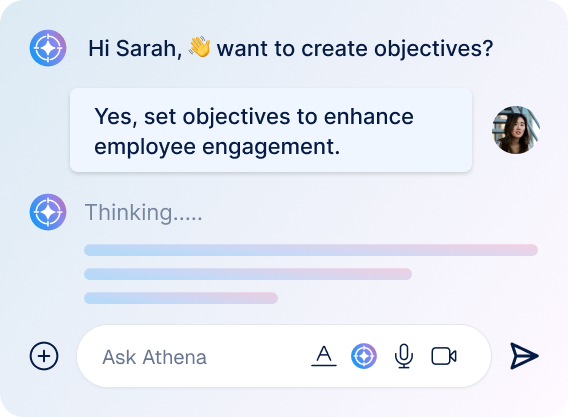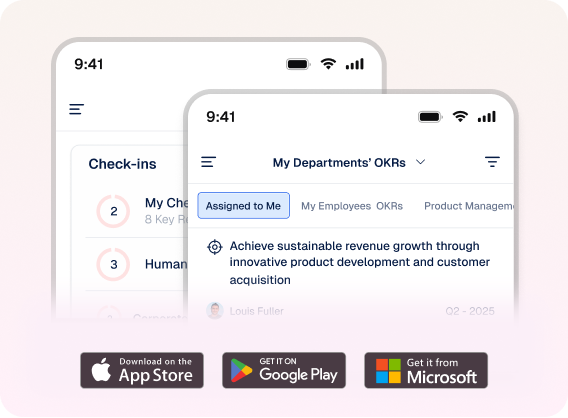Decision Fatigue refers to the mental exhaustion that is caused after rigorous decision-making sessions. It addresses how the quality of decisions deteriorates after an individual is overloaded with too many decisions to make. Many of us use Netflix or some other online streaming service. We browse through the movie choices presented to us and think we can make some quick decisions on what to watch right? Wrong. Here is an interesting take on Decision Fatigue in UX. While Netflix strives to get users to make a decision in 60-90 seconds, a 2016 study reported that viewers take an average of 19 minutes a day deciding what to watch.
In the workplace, it is often the managerial staff that tends to fall prey to this phenomenon. When managers feel overwhelmed due to the number of decisions they have to make, for example, writing reviews for all of their employees, they tend to make impulsive or irrational decisions. Such unsound decisions hold adverse consequences and can significantly alter the entire workplace environment.

The theory of Decision Fatigue advocates that long-standing decision-making sessions often lead to poor decisions made and inevitably affect the performance of those employees making those decisions. Imagine yourself to be a dedicated, hard-working employee who has been among the most valued members of your company for several years. After all the hard work and based on your assessment of yourself Vs. your peers, you strongly believe that you are up for a promotion. However, you find out that someone else who has not nearly put in as much effort and honest work as you have, gets the nod.
Since employee evaluations can be strenuous and both physically and mentally draining, your manager may have ended up writing arbitrary reviews. Not being aware of the actual case, you consider this to reflect on your competency. You begin to lose all confidence in yourself and don’t feel as motivated to perform exceptionally well as you used to. Another behavioral economics phenomenon called Reciprocity will start to play out. Your engagement will drop down to zero, and you’ll no longer consider the company’s goals to be synonymous to your own. This is the havoc that Decision Fatigue is capable of wreaking. This hypothetical example is not far from many real-life scenarios you may have come across. You can easily picture this scenario playing out at your workplace.

You have policies around the span of control to avoid such decision fatigue.
People follow different strategies to avoid decision fatigue. Many times you avoid decision fatigue by avoiding to make choices. It certainly works in a lot of cases, although not in the above example. Why does Mark Zuckerberg wear the same thing every day? They say, “making pointless decisions cripples performance.” Put that phrase in perspective — an average American makes 10,000 to 40,000 decisions a day. For example, you may be switching tasks 300 times a day. Each one of them is a decision. Open the mailbox. Discard 100 junk mails. The list goes on. Many of these decisions get made in the subconscious.
OKRs can help avoid Decision Fatigue. At the center of OKRs are focus and alignment. At any point in time, you are supposed to have 5-7 Objectives with 3-5 key results each. You spend a little bit of time prioritizing what you should be focusing on in the next quarter, and ensure that your goals are in alignment with your managers. Then you get to work and let your OKRs guide you through the quarter. You can simply avoid doing many things by asking a simple question — is this in line with my OKRs or my team’s OKRs? Once you get to the end of the quarter, you reflect/reset for the next quarter. Some OKRs carry over, some wrap-up, while some new ones get added. And then focus on your OKRs.
While OKRs can certainly help you prioritize and focus, it’s important never to overwork employees to the point that they start to make bad choices, and that includes managers. The top-level management must understand that any individual need not be overwhelmed with decision-making just because he/she is naturally gifted.



